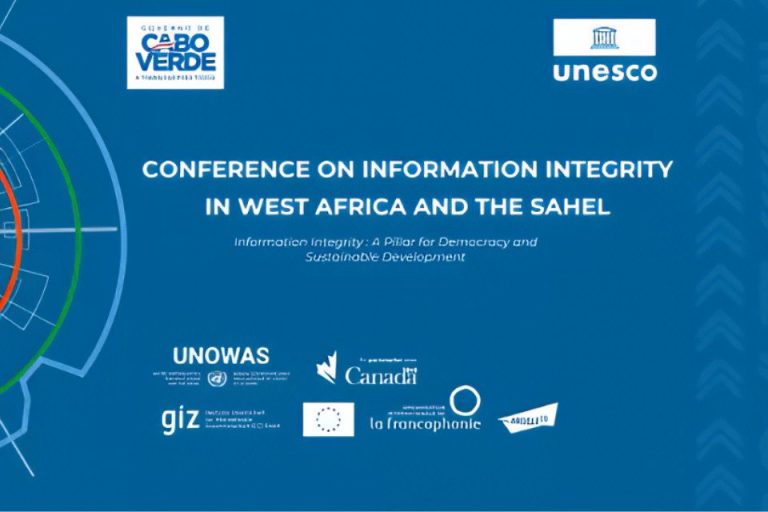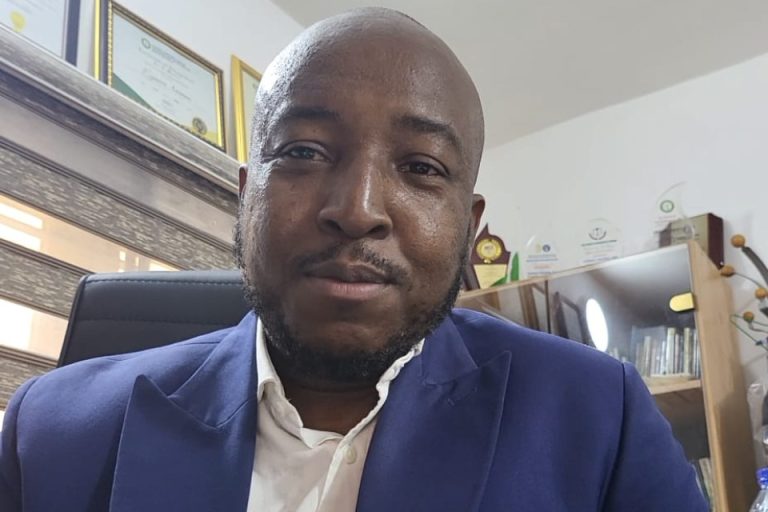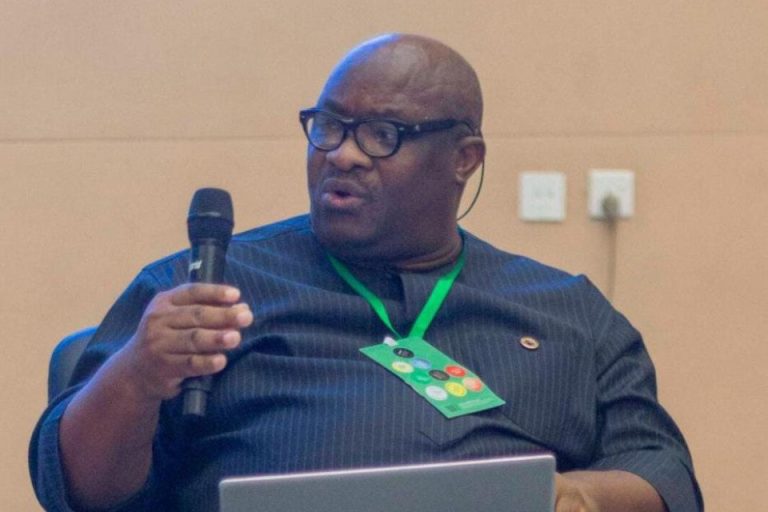The United Nations Educational, Scientific and Cultural Organisation (UNESCO), in collaboration with the Government of Cape Verde and other partners, will host a Regional Conference on Information Integrity in West Africa and the Sahel in Praia, the island country’s capital city, on September 3 to 5, 2025.
The Conference aims to promote a coherent and integrated approach to information integrity policies; improve the governance of digital platforms while protecting human rights; strengthen the resilience of populations to disinformation and hate speech; promote inclusive access to information and data of public interest; and strengthen multi-stakeholder engagement in support of information integrity in West Africa and the Sahel.
According to UNESCO, the Conference should lead to the adoption of:
• a model Policy on information integrity;
• a basic framework for effective governance of digital platforms in West Africa and the Sahel; and
• a Plan of Action on Information Integrity in West Africa and the Sahel.
The Conference is intended to address critical challenges in digital governance, access to information, digital literacy and citizenship, and stakeholder collaboration in West Africa and the Sahel.
Rooted in international standards and human rights principles, the conference seeks to adopt actionable strategies to counter misinformation and disinformation, promote platform transparency, due diligence and accountability, and enhance population resilience to harmful content.
UNESCO said in order to ensure contextually relevant and inclusive outcomes of the conference, the organization and its partners organized a series of pre-conference multi-stakeholder consultations through which UNESCO gathered insights from governments, civil society, academia, media, fact-checkers, regulatory bodies, education stakeholders, youth and women organizations, content creators, media professionals, and marginalized communities.
The consultations, which had participation from the 15 countries in West Africa and the Sahel, will directly inform the conference’s policy framework, action plans, and governance mechanisms of digital platforms in times of crisis and elections.
The consultations were informed by core documents such as UNESCO’s Guidelines for the governance of digital platforms, the UN Global Principles for Information Integrity, the 2024 report on the State of Internet Freedom in Africa issued by the Collaboration on International ICT Policy for East and Southern Africa (CIPESA), covering democracy and technology; and the African Union Digital Transformation Strategy (2020-2030), among others.





